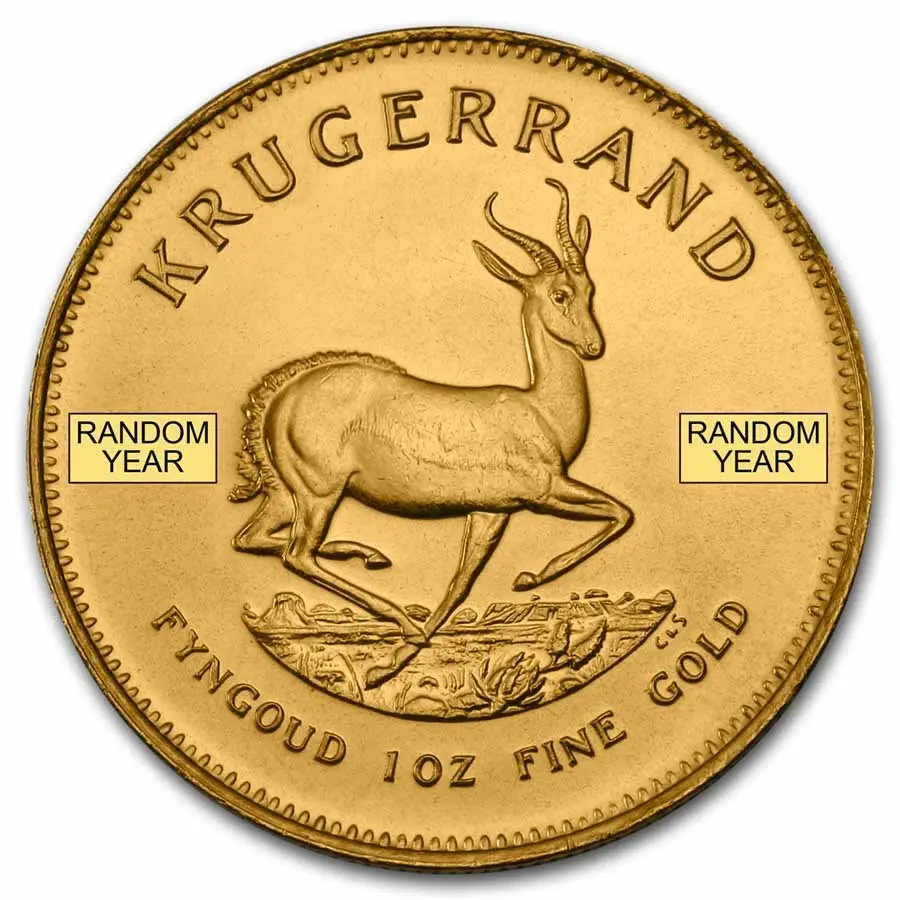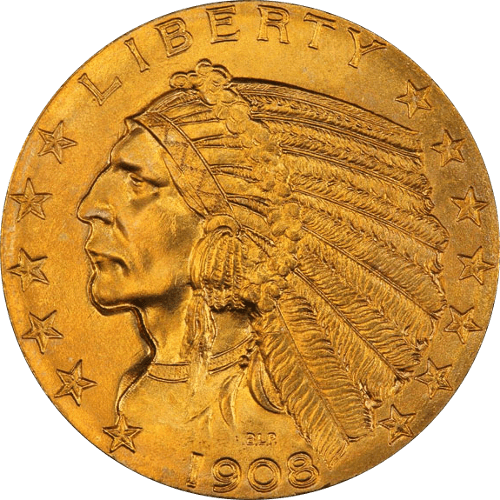The 2013 Native American $1 Coin commemorates the Delaware Treaty of 1778.
After declaring independence, the United States signed its first formal treaty with an Indian tribe, the Delaware, at Fort Pitt (now Pittsburgh, Pennsylvania) on September 17, 1778. The mutual defense treaty allowed American troops to pass through the Delaware Tribe’s land to attack the British fort at Detroit, Mich. Under the treaty, the United States recognized the Delaware Nation’s sovereignty. The treaty also offered significant insight into the later process of incorporating tribes into the federal system. Article VI of the treaty gave the Delaware Nation the option of joining other tribes in the Ohio region to form a state with the Delaware Tribe at the head to become part of the U.S. confederation, with representation in Congress. Although the statehood option was never taken up, it foreshadowed the later acknowledgment of tribes as partners in the federal system.
When the American Revolution established a new sovereign government on the North American continent, its founders acknowledged the significance of Indian tribes as the new United States of America dealt with tribes government-to-government, making peace, and winning allies through a series of treaties. The new Constitution in 1789 reserved the regulation of commerce with the tribes to the federal government–specifically in Article I, section 8, clause 3–putting them on the same footing as foreign governments. The First Congress affirmed this principle in major legislation on trade and land deals with Indians–laws that are still in effect.
Treaty-making with the United States was the foundation for tribal relations with the new American government. But the legal theory underlying that relationship was sharply contested until Chief Justice John Marshall’s pivotal 1832 decision in Cherokee Nation v. Georgia. In declaring tribes to be dependent nations, he started the process by which tribes were recognized under the American federal system, equal in status with state governments as the third leg of sovereign membership, but also diminished in stature under this system.





